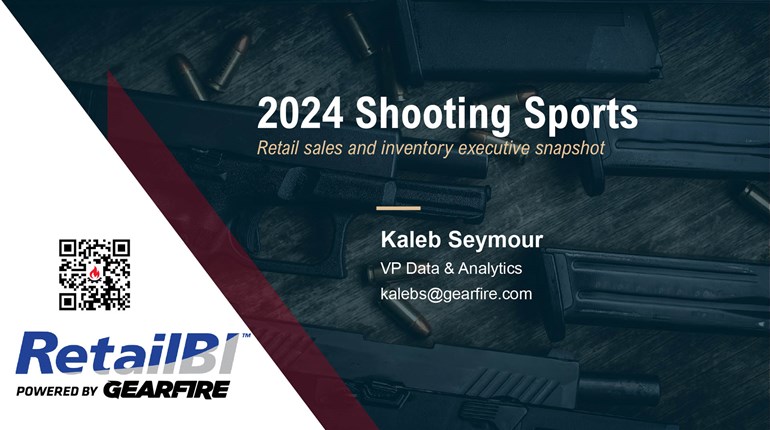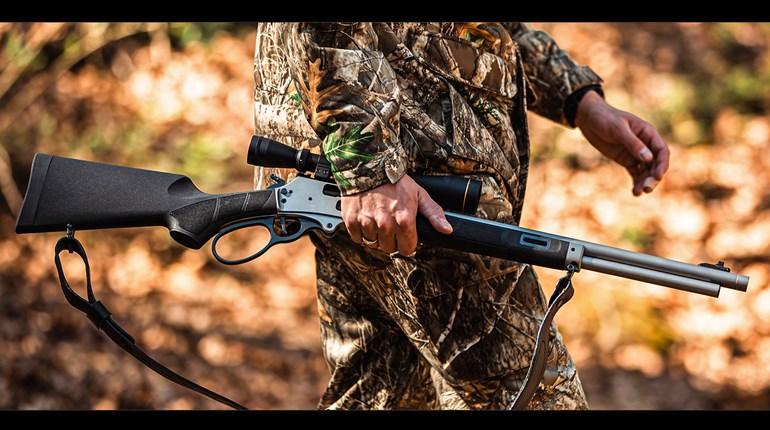
New Hampshire Gov. Maggie Hassan on Friday June 10 signed into law H.500, legalizing the use of firearms suppressors for use in hunting in the Granite State.
Introduced in the House during the 2015 legislative session, the measure earned a bipartisan 184-124 vote from state representatives before passing the Senate 38-0 in March.
The passage of The Hunters Hearing Protection Act repeals the current prohibition on the use of silencing devices for taking wildlife and makes New Hampshire the 40th state to approve the devices for hunting.
Hassan, a Democrat with a history of rejecting gun reform measures, is currently in a Senate campaign, running against Republican Sen. Kelly Ayotte.
Interest in suppressor use has increased exponentially in the past few years, as shooters and hunters have become more aware of potential hearing damage caused by firearms. Suppressors also reduce recoil and muzzle rise, and in many cases may help increase accuracy. The noise reduction offered by suppressors is seen as a benefit for hunters seeking permission to hunt on private land and in areas of expanding urbanization where hunting is permitted, as well as at shooting ranges located in developing areas.
In 2015, Montana legalized all hunting with suppressors, along with Minnesota, and Maine.
With the passage of Iowa House File 2043 earlier this year, legalize the ownership and possession of firearm sound suppressors, only eight states continue to prohibit ownership and use of the devices: California, Illinois, New York, Massachusetts, Rhode Island, New Jersey, Hawaii and Delaware.
The New Hampshire bill was supported by the National Rifle Association and American Suppressor Association.
Heavily regulated under federal law, suppressors are formally classified as “Silencers” under the National Firearms Act (NFA) of 1934, requiring a one-time $200 federal tax (per device) and an FBI background check for purchase. Persons in possession of unregistered or untaxed suppressors may be found in violation of federal tax code (tax evasion), a felony punishable by fines and up to ten years in prison.
The Bureau of Alcohol, Tobacco, Firearms and Explosives (BATFE) is currently tasked with enforcing suppressor regulations in accordance with federal law. Suppressors are classified as a restricted “firearm” and, as such, each has its own individual serial number.



































